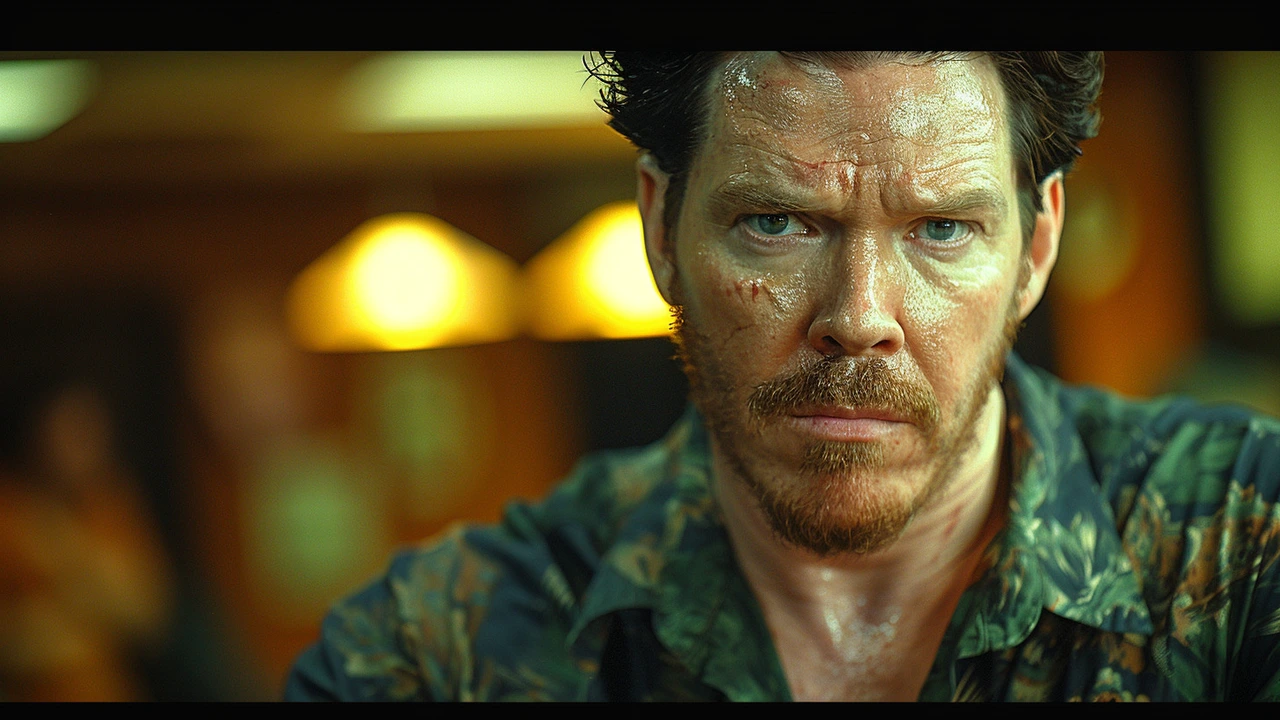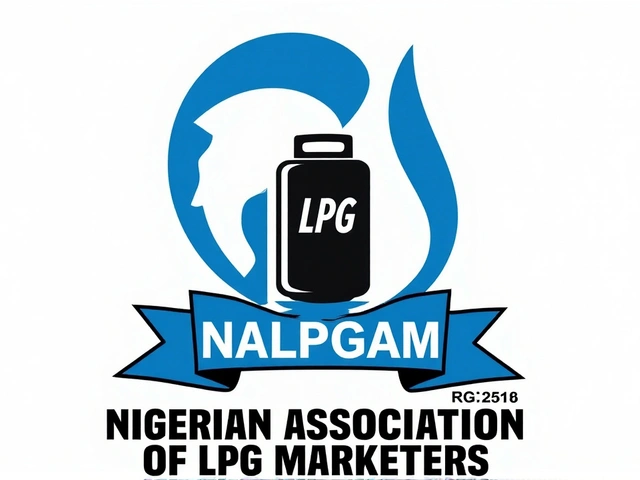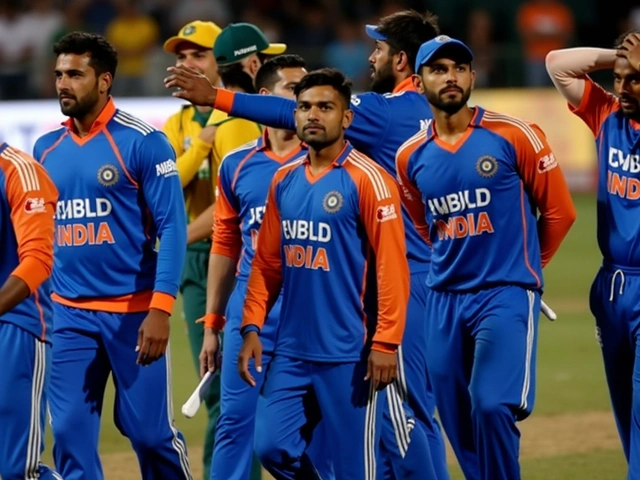NYPD Corruption Explained
If you live in New York or follow city news, you’ve probably heard the term "NYPD corruption" tossed around. It isn’t just a headline; it’s a real problem that can shake trust between police and residents. In this guide we’ll break down what corruption looks like, share a few recent examples, and tell you exactly how to act if you see something wrong.
Common Signs of Corruption
Corruption isn’t always obvious, but there are patterns that show up over time. One red flag is officers taking bribes for traffic tickets or illegal parking permits – a practice that some whistleblowers have documented in recent years. Another sign is the misuse of force: when an officer uses excessive violence and then tries to hide it with false reports.
Look out for "casing" behavior, where cops repeatedly follow certain neighborhoods without clear reasons. That can point to illegal surveillance or protection rackets. Also pay attention to unusually fast promotions or transfers that seem linked to political connections rather than merit. These clues often surface in local news investigations and court filings.
Recent cases have highlighted how corruption can spread beyond a single officer. For instance, the 2022 scandal involving several precincts where detectives were found sharing confidential information with criminal gangs shocked the city. The fallout led to dozens of arrests and sparked calls for deeper oversight.
How to Report Misconduct
Seeing something wrong doesn’t have to end at a sigh. New York City offers several ways to file a complaint. The simplest is the NYPD’s online portal, which lets you fill out a form with details about the officer, date, and location. If you prefer anonymity, you can call 311 or use the Civilian Complaint Review Board (CCRB) hotline.
When filing, be as specific as possible: note badge numbers, exact words spoken, any video footage, and how the incident affected you. Concrete details help investigators act faster and reduce chances of the complaint being dismissed.
If you suspect larger wrongdoing, such as a pattern of bribery or protection rackets, consider reaching out to local journalists or watchdog groups. They often have experience pushing for independent investigations when internal reviews stall.
Remember, reporting isn’t just about punishing bad officers; it’s about protecting the community and demanding transparency. Your voice adds pressure that can lead to policy changes, like stronger body‑camera rules or civilian oversight panels.
In short, NYPD corruption shows up in many forms – from tiny cash grabs to big‑scale abuse of power. By recognizing the signs and knowing how to report them, you help keep the police accountable. Stay informed, stay vigilant, and don’t be afraid to speak up when something feels off.

The Mystery of Edgar Anderson: Unveiling the Netflix Series 'Eric'
The Netflix series 'Eric' focuses on the disappearance of nine-year-old Edgar Anderson and follows Detective Michael Ledroit as he uncovers dark secrets within the NYPD. It highlights themes of change, justice, and courage, culminating in surprising resolutions for multiple cases and the Anderson family.




